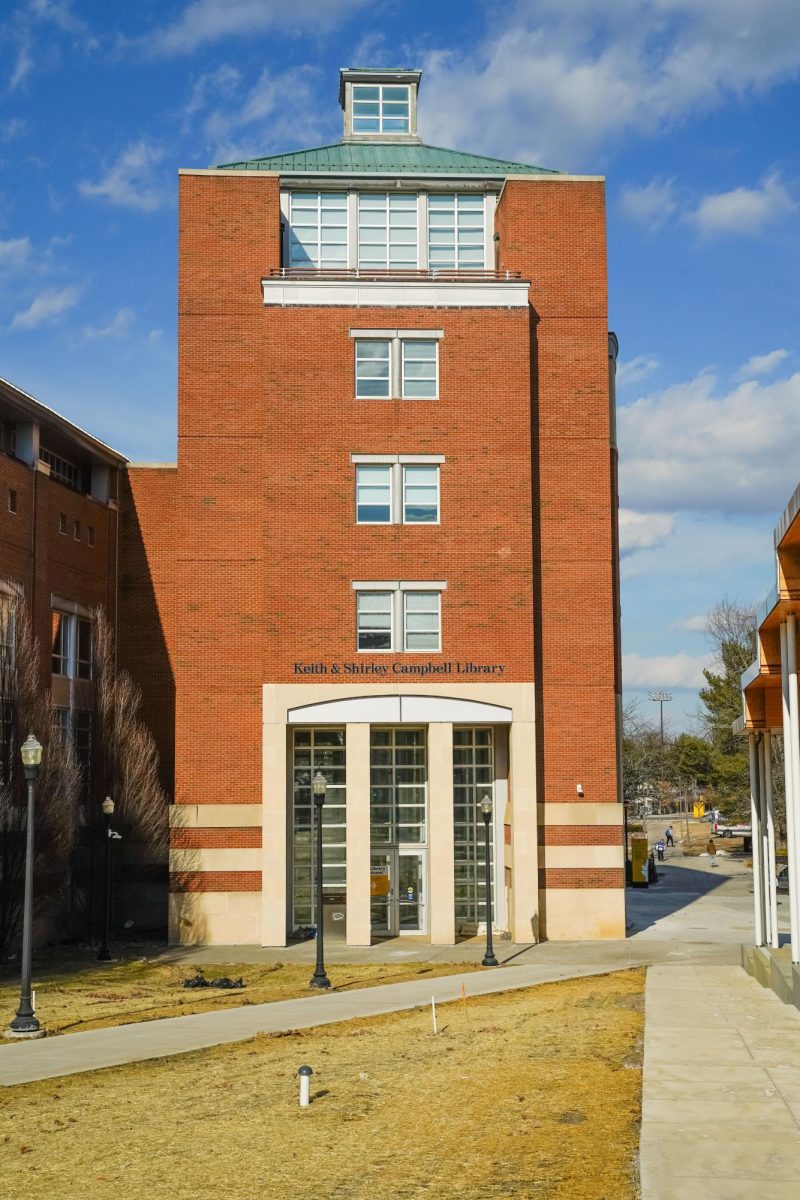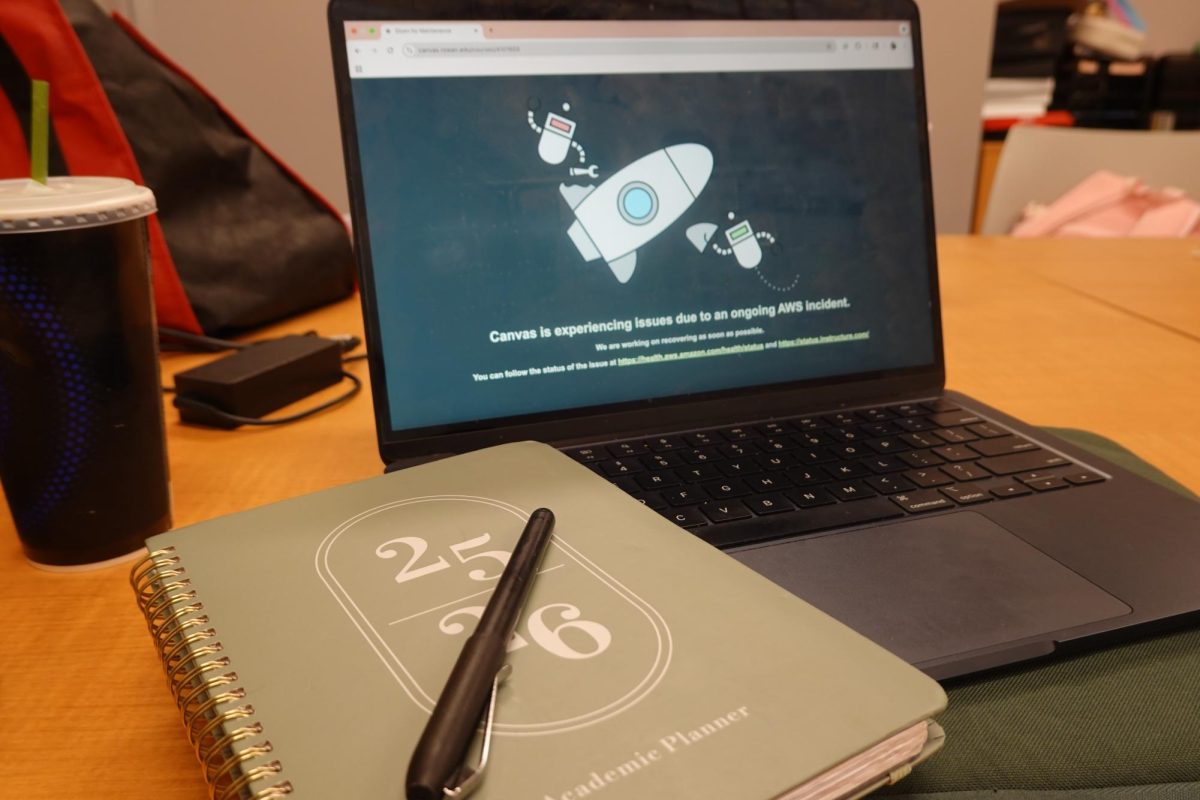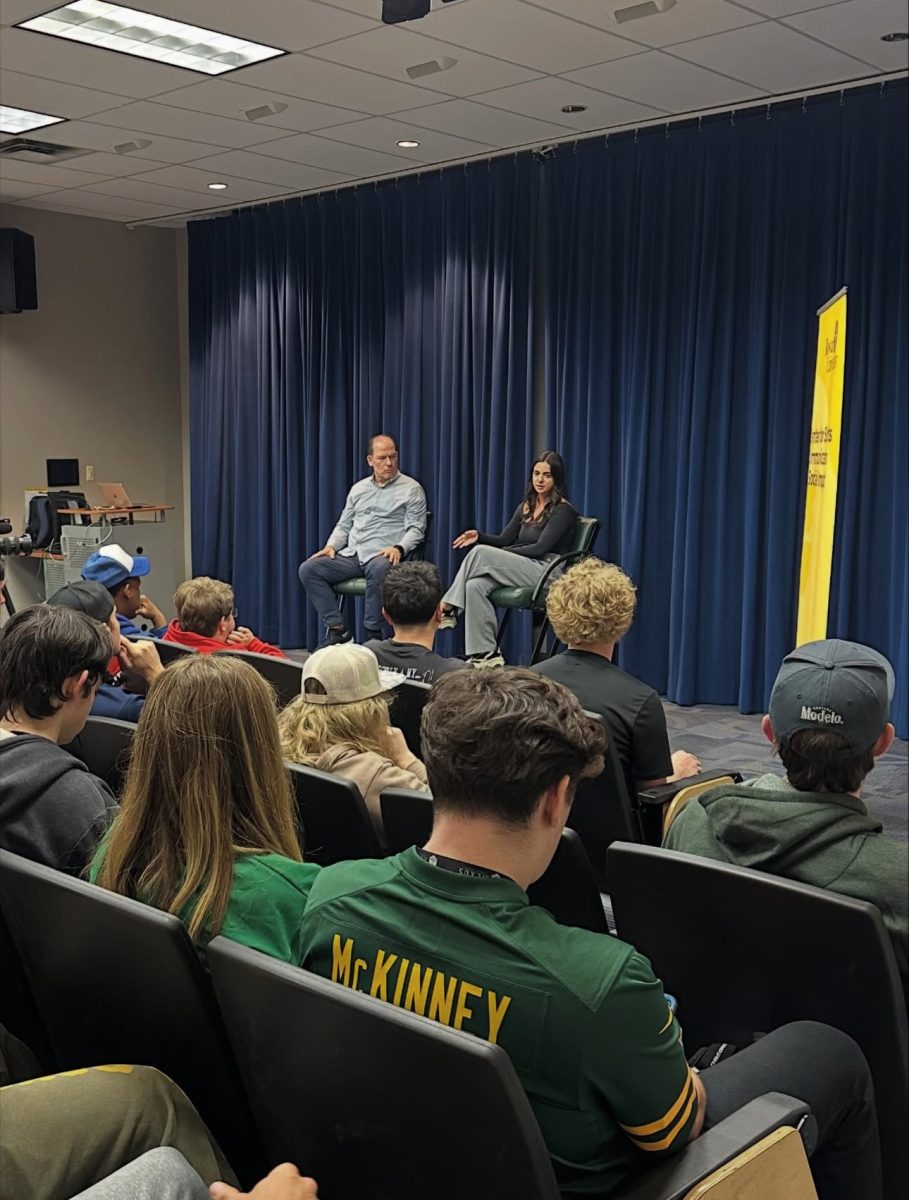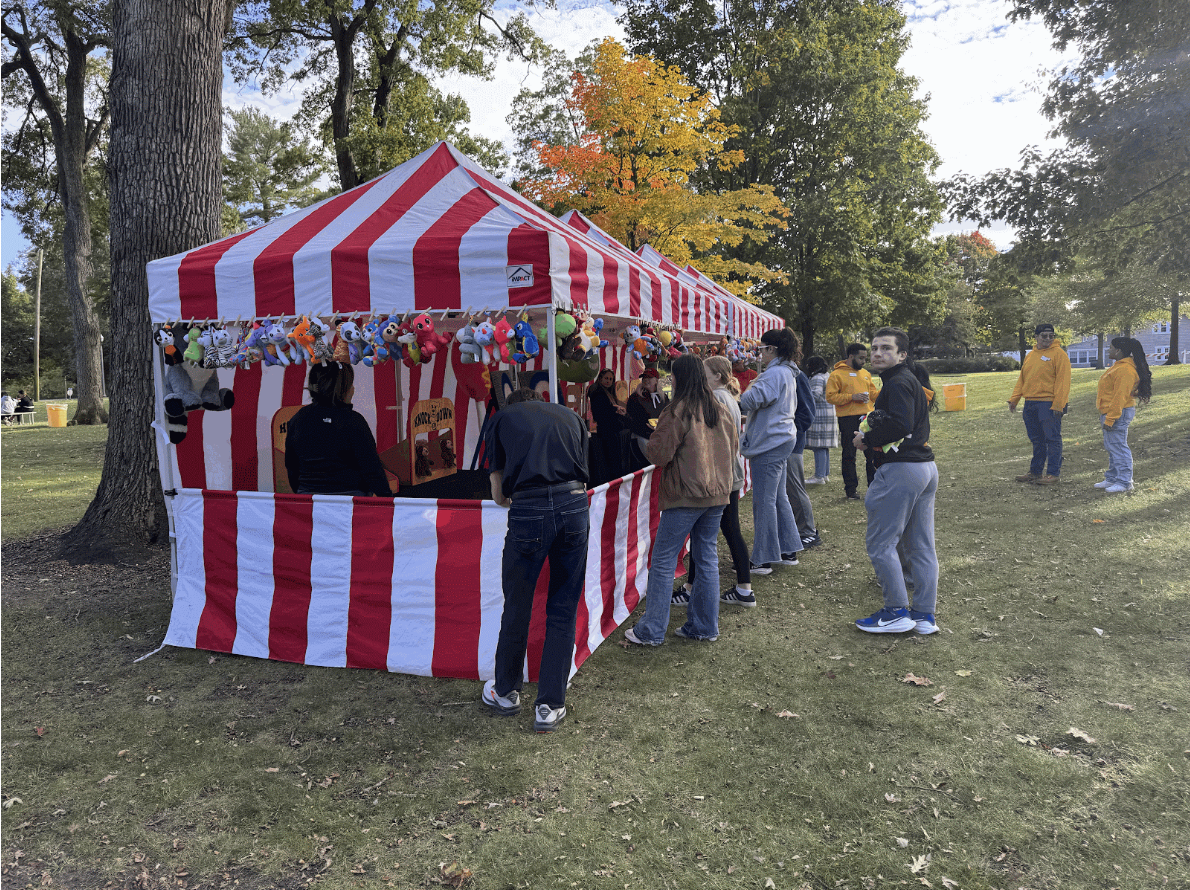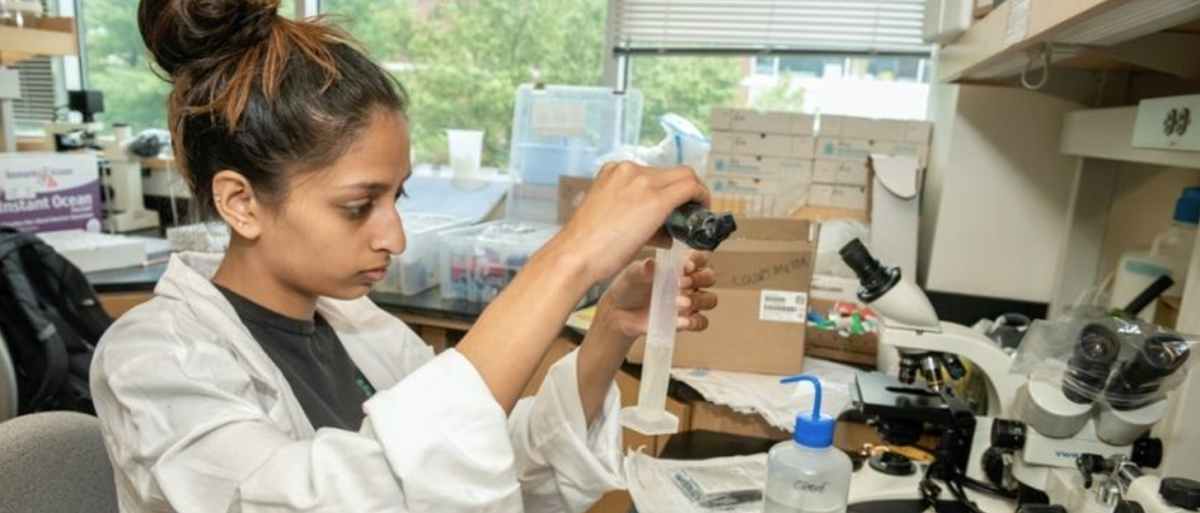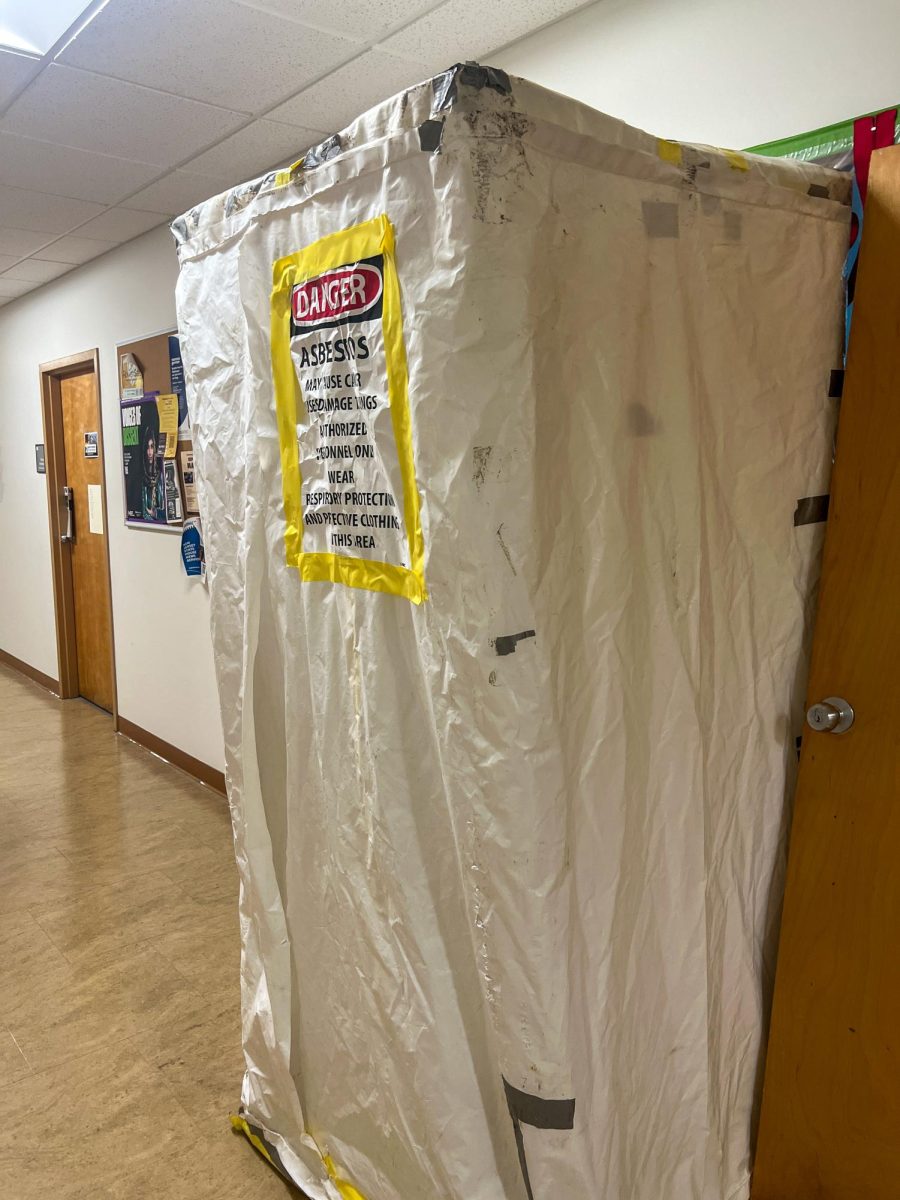Rowan University’s Institute for Cannabis Research is collaborating with various university branches to discover and provide valuable information regarding the national cannabis conversation.
“There’s been obviously a nationwide push to legalize marijuana and related compounds, including New Jersey. To be honest, very, very little research has been done on the health effects of cannabinoids in marijuana,” Dr. Darren Boehning, the head of the biomedical sciences department and the assistant dean for research at Cooper Medical School, said.
“So really, the purpose of the center is multifold. One is to come up with new therapeutics,” Boehning said. “Number two is to look at the basic biological effects of these compounds.”
“Amazingly, we don’t know what exactly they do yet,” Boehning said. “Finally, we want to look at the safety and side effects of these compounds and what potential adverse effects cannabinoids have on animal and human health.”
Although the institute is relatively new and still in the developing stages, a lot of critical research serves to contribute to the nationwide need for more facts about the use of marijuana.
“Right now, we’re still kind of in the formative time of the institute. I’m sure we’ll grow and change over time,” Boehning said.
Boehning, who spent 15 years working as a faculty member at the University of Texas, recently moved into the South Jersey area in the summer of 2019, just in time to head the new research being conducted at Rowan.
“It was right before COVID that we finalized the plans, so things have been delayed a little bit because of the pandemic, but it started out as a nebulous idea that grew into this well-defined, collaborative, multi-institutional center. It’s actually really exciting,” Boehning said.
Scientists and associate professors are researching various areas surrounding cannabis and cannabinoids at Rowan’s research institute.
For example, Dr. Amanda Fakira, an assistant professor of Biomedical sciences, is an electro-physiologist doing a unique study on how marijuana affects specific brain circuits like the memory and pain centers.
“She can take brain slices, administer the drugs and see how they affect neural signaling within that perforation,” Boehning said. “So, it’s a very powerful technique so you can correlate what’s happening in the brain with the behavior in the living, breathing, walking animal. By looking at both the behavior and the circuits, she can tell you pretty much exactly what neural circuits are being affected by the drug.”
Other scientists within the institute are studying how cannabinoids may be able to inhibit cancerous cells, affect animal behavior in relation to the administering of the drugs, affect neural development and how they can be used as an aid to people who have epilepsy.
Dr. James Grinias, an associate professor in the department of chemistry & biochemistry, said that these specific areas of study are important because there needs to be more information available about the health and safety of cannabis.
“There still aren’t very many regulations on what is contained within products that are marketed for THC and/or CBD content. We want to make sure that products that people are consuming are safe and that they contain what they say they do,” Grinias said.
“Just as we worry about what might be contained in the food we eat or the water we drink, we should make sure that we know what are in the various unregulated cannabinoid-containing products,” Grinias said.
Both Grinias and Boehning said that the contributions from Rowan medical students are essential to the research center’s success.
“Students are probably the core of our research staff. They really do most of the work for us. We couldn’t do it without them,” Grinias said.
“All of the research in my lab is conducted by Rowan University students. They have hands-on experience operating analytical instrumentation to make these types of measurements,” Grinias said.
Grinias’ lab focuses on the analytical chemistry of cannabinoids.
“My lab comes up with different ways of measuring chemicals in a variety of samples, usually using a technique called liquid chromatography,” Grinias said. “There are over 100 different cannabinoid compounds that are known to date, so we want to make sure that we can measure them in plants, plant extracts and commercial products that contain cannabinoids.”
One of the most fun things about Rowan’s Institute for Cannabis Research’s is that interested students can join the research teams and study cannabinoids for themselves.
“Students, if they’re interested in research, can become a part of the center and research cannabis themselves,” Boehning said. “So that’s really one of the exciting things.”
Everyone involved in the institute is looking forward to helping contribute to the topical conversation surrounding the cannabis drug and the use of marijuana in New Jersey and America.
“Rowan University is dedicated to serving the needs of southern NJ and surrounding communities,” Grinias said. “With the change in NJ laws related to this area, we want to make sure that we can help interested parties make informed decisions on a wide range of topics and issues.”
As the head of the biomedical sciences department and the assistant dean, Boehning said that this is remarkable to be part of a trailblazing institute.
“It’s definitely very exciting, and clearly the university and the most senior leadership is very excited to start working on this very important problem for the health of both New Jersians and all Americans. It’s very exciting,” Boehning said.
For comments/questions about this story, email [email protected] or tweet @TheWhitOnline.


